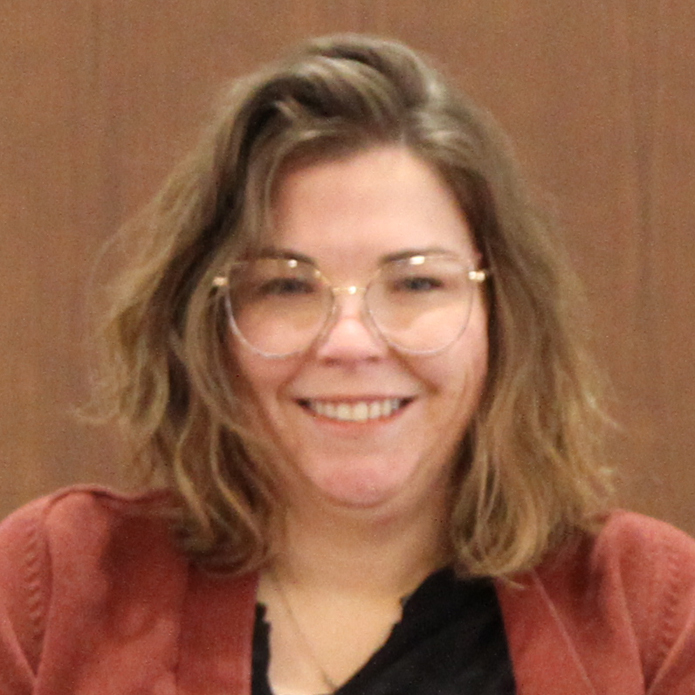It shouldn’t be news to any of us that our world is experiencing a crisis in natural disasters. It wasn’t long ago that much of the continent of Australia was set ablaze, decimating rainforests and killing or displacing animals of all kinds. We in central and eastern Canada now know of “wildfire season” as fires in the BC interior have continued to escalate year over year. Hurricanes, Tornados, tsunamis, floods; all of these have become increasingly common, working their way into our daily vocabulary. In this story, the environmental crisis was a drought that caused a famine. Not unlike the Horn of Africa in early 2023, which has seen 36.4mill people suffering from hunger with 21.7mill requiring food assistance, after suffering the longest drought they’ve seen in 40 years, compounded by high food prices and political instability. In these dire straits, we follow Elijah as he is forced to migrate in search of sustenance. We know that hospitality is an important cultural value in the ancient Mediterranean world, so it stands to reason that God would lead Elijah to seek his next meal from “the least of these”, a woman collecting kindling to make the last meal she can provide for her son and herself. I’m struck by the contrast of hope and despair in this situation. Elijah, trusting in God’s providence, is hopefully asking for hospitality from this woman, and is met with the despair of her resignation to the inevitable; that she and her son will soon starve.
Personally, I cannot imagine meeting a woman preparing for her last meal, then asking her to use some of her last bits of food to feed me, with hope of a miraculous provision from God. How does one develop the kind of faith that has that level of confidence? And conversely, how does one openly receive the request to further divide your last meal before starvation, in order to serve a stranger? The scripture doesn’t tell us that the woman baulked, felt bitterness toward Elijah, or as i would have done, smiled and nodded, then walked home completely disregarding this man with all the AUDACITY.
The scripture simply states that she went and did as Elijah said. As a mother, I cannot imagine a circumstance in which I would be willing to divide food from my starving child, with a stranger, no matter what miracles he has promised. The conventional lesson we are taught to take from this story is to have trust and faith like the widow did in the promises God made to Elijah. But I find that hard to reconcile with the real world I live in. It would be foolish to have faith and trust in every stranger that says I will be blessed or my problems will be solved by taking them at their word and sharing something as costly as my family’s last meal.
On the other side of the equation, we know that Elijah has already experienced God’s provision in a big way- He was fed by Ravens after being led to a stream to drink from. Experiencing that kind of provision must set him up to have high expectations. Some of the resources I read talked about Elijah being the one to learn from the trust and faith of the widow, which seems plausible, however it seems to be that that would be a good lesson to take away from the ravens’ part of the story. It seems to me that the reason this story is so important is directly related to the human part of the story.
Something about trusting and faith in God’s work through the very human Elijah, and with the widow, being someone without status turns our expectations on their head. We like to see ourselves as the ones ministering to those cast out from society. The widows and the orphans are people we are to care for in their times of need. But what happens when the widow preparing for her own family’s last meal, is actually the one in the position of blessing the prophet of God? Then we truly find ourselves faced with our own prejudices and expectations. Why are we, as a society, so uncomfortable with seeing ourselves in need, and not as the blesser? Perhaps we are faced with our own bias and the prejudices we have internalised that we don’t want to have. Prejudices like anti-homelessness, anti-semitism, anti-islamicism, sexism, homophobia, transphobia, classism, colonialism.
I read somewhere on social media that the hate that is being exposed in our world today is not new, but rather has been there, in hiding, all along. So we must hold each other tight, and continue to pull back the curtain until there is nothing to hide. So perhaps the lesson from Elijah and the widow is not actually about faith and trust in God to provide, but rather the courage to expose those parts of ourselves that harbour secret prejudices and with courage, pull back the curtain and get to work.
Blessed are we in our need.
Blessed are we, who know better, who want to love others and shun hate.
We who believe that every human deserves love and respect, even when we don’t want to give it.
Blessed are we who choose to act in love anyways.
Blessed are we who courageously pull back the curtain until there can be nothing left to hide, even from ourselves.

